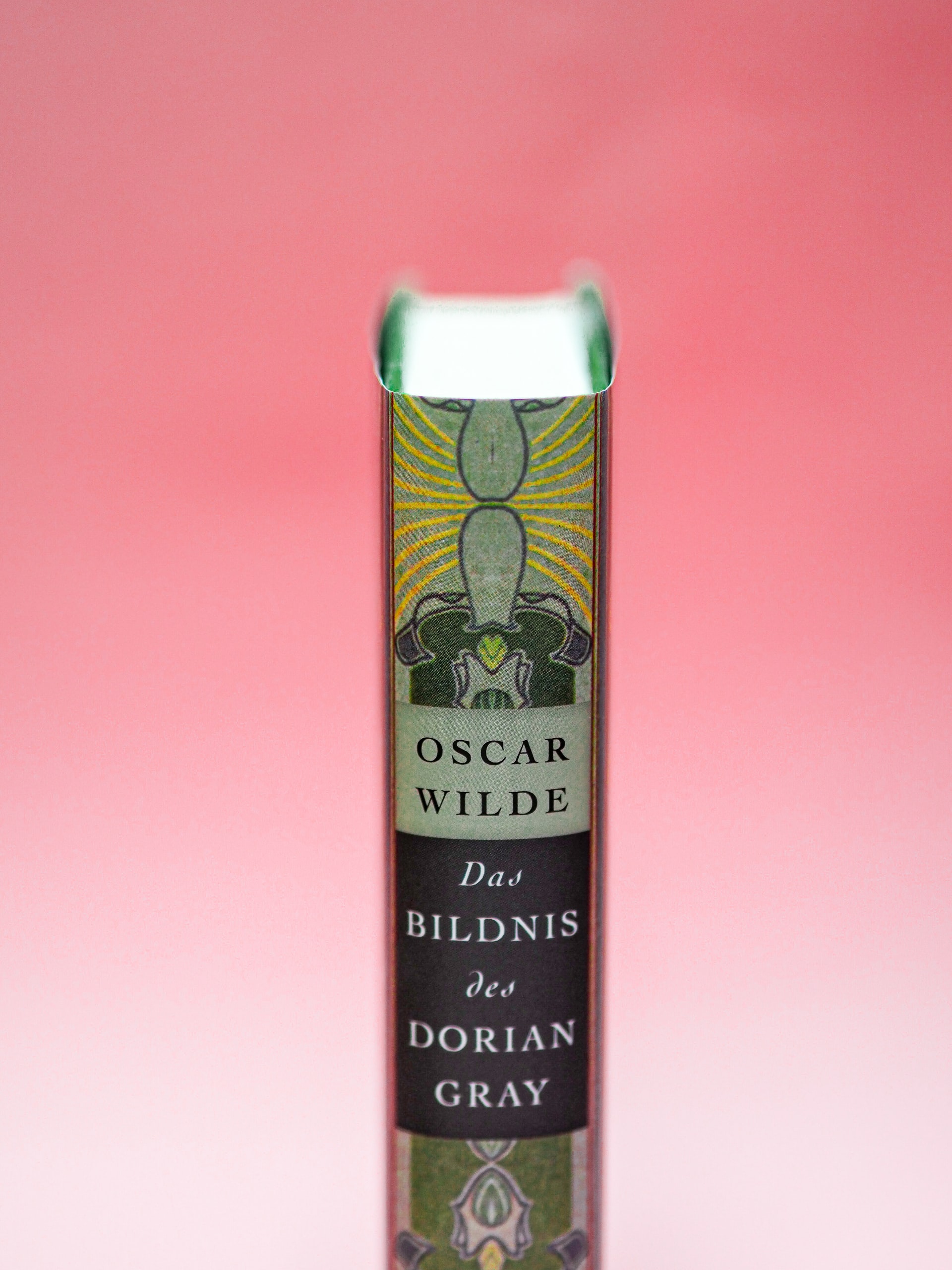Beauty in The Picture of Dorian Gray
Humans have always been drawn to beauty. Of course, beauty standards change all the time. What one culture considers beautiful, another might consider ugly. What our own culture considered beautiful 200 years ago, or even 50, isn’t beautiful to us anymore. But that hasn’t changed the fact that we love to look at beautiful things, and even more than that, we wish to be beautiful ourselves.




